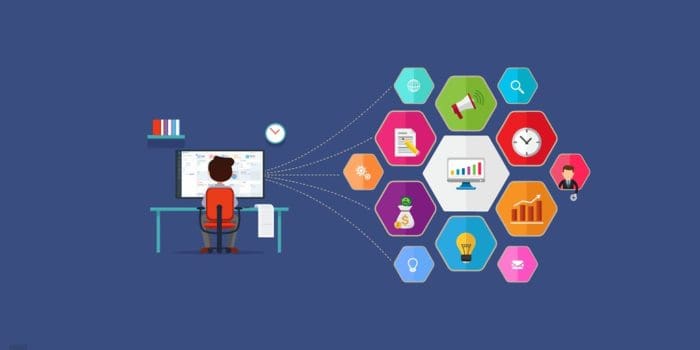Business intelligence (BI) tools help businesses make better decisions by helping them track and understand their customers, sales, and other data. But what are business intelligence tools? Business intelligence tools are software used to collect, store, and analyze data to help organizations understand business performance. These tools allow businesses to make better decisions by providing meaningful insights that would not be possible without the use of technology.
Business intelligence tools include custom dashboards, reporting tools, data mining, and analysis software, and text analytics software. Keep reading to learn more about business intelligence tools and how they can help your business.
What are the benefits of using business intelligence tools?

Business intelligence (BI) tools are software applications that allow businesses to collect, organize, analyze, and report on data. BI tools can help businesses improve decision-making, optimize operations, and compete more effectively.
There are many benefits of using BI tools. Some of the most notable include:
Increased efficiency and productivity – BI tools make it easier for businesses to find and track important data. This allows employees to spend less time searching for information and more time actually doing their jobs.
Improved decision-making – BI tools provide businesses with a variety of analytical reports and performance metrics that can help them make better decisions based on data rather than intuition or guesswork.
Optimized operations – By tracking key performance indicators (KPIs), BI tools can help businesses identify areas where they can improve operational efficiency and reduce costs.
Competitive advantage – By using BI tools to better understand their customers and competitors, businesses can gain a competitive edge in the marketplace
What are some common pitfalls to avoid when using a business intelligence tool?

Business intelligence (BI) tools are great at analyzing data so that businesses can make better decisions. However, there are some common pitfalls to avoid when using a business intelligence tool. One such pitfall is relying on the tool too much. While BI tools can be helpful in providing a deeper understanding of the data, they should not be used as the only source of information.
Another common pitfall is not understanding how to use the tool correctly. It is important to have a good understanding of the tool’s features and how to apply them in order to get the most out of it. Additionally, it is important to ensure that data is properly cleansed and prepared before being analyzed by a business intelligence tool. Otherwise, the results may be inaccurate or misleading. Finally, it is important to remember that BI tools are only as good as the data they are analyzing. If the data is inaccurate or incomplete, then the results will also be inaccurate or incomplete.
How can you choose the right business intelligence tool for your organization?

Business intelligence (BI) tools give organizations the ability to gather, process, and analyze data to help them make better business decisions. When choosing a BI tool, you need to consider your organization’s needs and how the tool will fit into your overall business strategy.
Some things to consider when choosing a BI tool include:
- The size of your organization
- The type of data you want to collect and analyze
- How you are planning to use the data
- The level of expertise in your organization
- Your budget
BI dashboards provide a snapshot of key performance indicators (KPIs) so that managers can see how their organization is performing at a glance. Reporting tools allow businesses to generate custom reports based on the data that is most important to them. Data mining and analysis software allows businesses to drill down into their data in order to find trends and patterns. Text analytics software extracts meaning from unstructured data such as emails, social media posts, and customer reviews.
The benefits of using business intelligence tools include data-driven decision-making, increased efficiency, enhanced customer service, and reduced costs. By understanding what is happening within their business, organizations can make changes that will improve performance. BI tools allow businesses to track progress over time so they can identify areas where they need to make changes and improvements.
